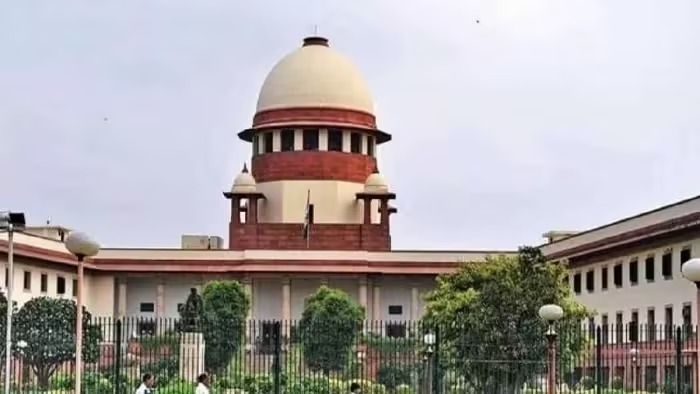
New Delhi: The Supreme Court on Tuesday asked the Punjab government whether it would not create uncertainty if a law is enacted by a government of one party and then the government of another party repeals it.
The bench of Justice BR Gavai and Justice KV Vishwanathan asked this question while hearing a petition challenging the order of the Punjab and Haryana High Court, in which it had dismissed the petition seeking repeal of the Khalsa University (Repeal) Act, 2017.
The bench reserved its decision after hearing arguments of the lawyers of the petitioner and the state government. Khalsa University and Khalsa College Charitable Society have challenged the High Court's November 2017 decision in the Supreme Court.
The High Court had said in its order that Khalsa University was constituted under the Khalsa University Act, 2016 and the Pharmacy College, College of Education and College of Women already run by the society were merged with the university.
On May 30, 2017, an ordinance was promulgated to repeal the Khalsa University Act and subsequently the Repeal Bill, 2017 was passed.
Termed the repeal bill as arbitrary
During the arguments in the apex court, the counsel for the petitioner said that the repeal bill was arbitrary and the entire action violated Article 14 (equality before law) of the Constitution. While the counsel for Punjab said that there was nothing arbitrary in it.
The Shiromani Akali Dal-BJP government had enacted the law in 2016, but the subsequent Congress government led by Captain Amarinder Singh had repealed the law.
He said that the 2017 law has not been challenged by any student or teacher of the university. The interests of the students have not been affected in any way. The bench said, 'This is completely a question of law. We do not need to go into whether admissions were given or not.'
--Advertisement--

 Priya
Priya Share
Share



